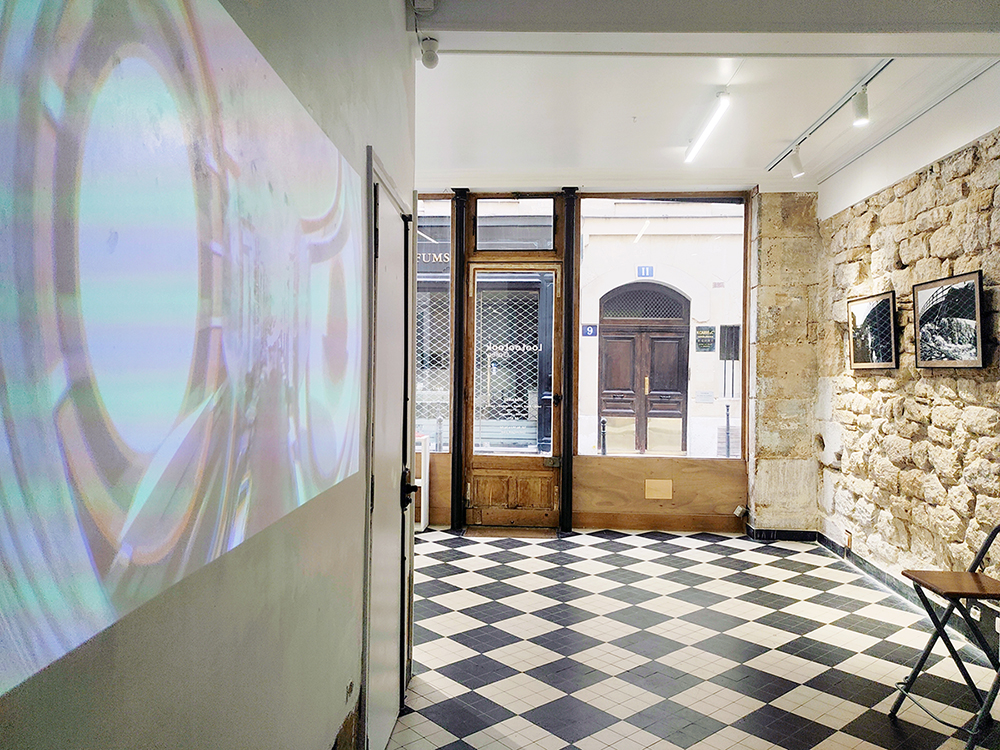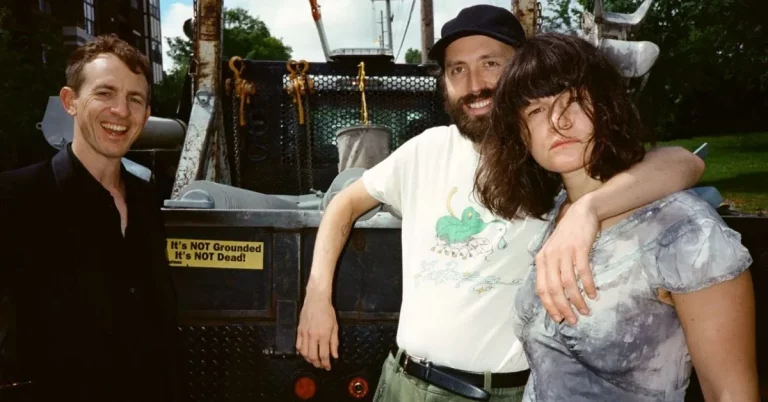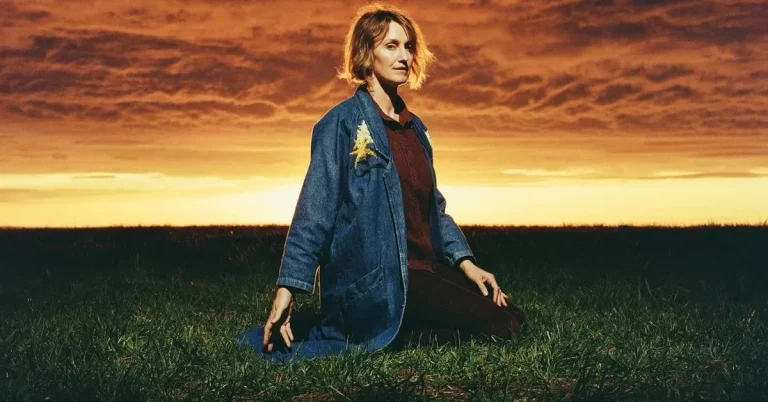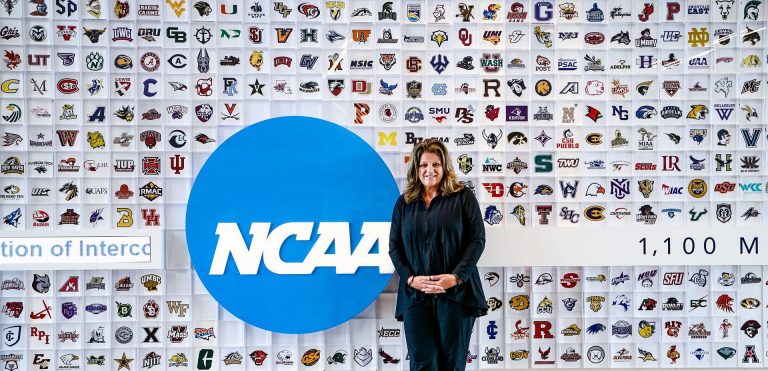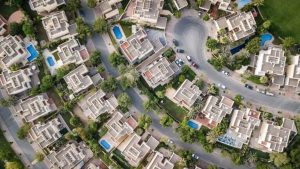Multimedia artist Jialin Wu constructs installations that evoke speculative, fragmented worlds for reflecting upon the instability of meaning, and an inevitable process of mutation in our contemporary digital age. Her worlds provide conjecture, where meaning is continually in flux. Wu adeptly makes space for the possibility of reassembling the ‘forgotten fragments of hope, even within a fractured present.’
With her recent digital video work, An Almost-World (2025), the London based artist explores the concept of utopia, inspired by Fredric Jameson’s Utopia as Method. She expresses these ideas sensitively through an immersive sensory environment where the viewer’s vantage point is from among the many animated floating objects drifting through a futuristic cityscape. They move at a rhythmic pace that is neither berserk nor static, but confidently embraces a state of continual flux.
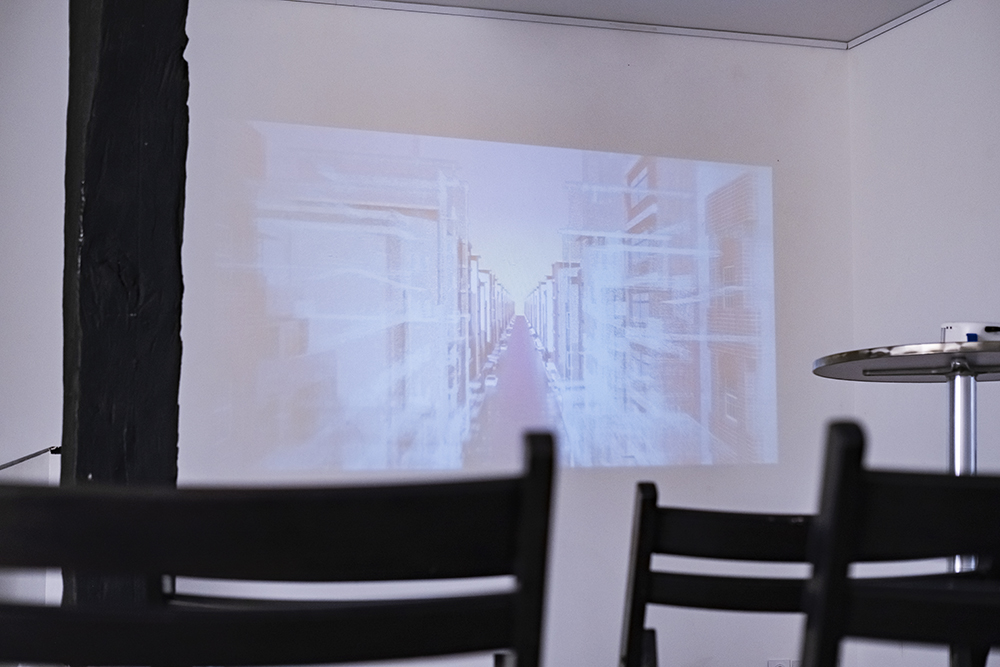

Throughout, a narrator’s voice encourages us to imagine a world ‘flickering, not yet fully formed, not yet forgotten; and to conjure a space where failure is allowed to float, where hope does not demand a shape’. All this ultimately encourages us to take part in a ‘softness in thinking’ about ‘not what should be, but what might still become.’ This very short video piece symbolically serves as a threshold. It is an invitation to imagine possibilities beyond ideological structures of perfection and linear, goal-oriented thinking toward a particular utopian world. It strongly proposes the possibility of utopian thought as a continual process, and perpetual transformation.
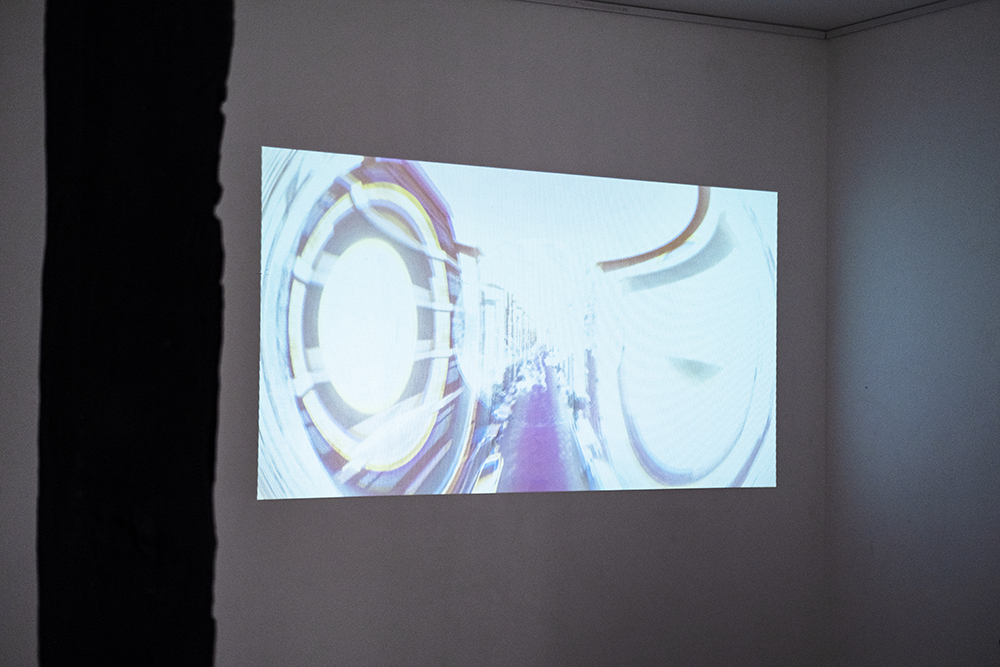

Wu’s work of transmedia storytelling is part of “ENTRE LES MONDES:POÉTIQUES DU FRAGILE ET DE L’INVISIBL”(BETWEEN WORLDS: POETICS OF THE FRAGILE AND THE INVISIBLE), an exhibition curated by Fang Liu (Summer) for LooLooLook gallery in Paris. An Almost-World is well placed within the exhibition’s tenets of quiet observation and fragility as a form of resistance, and among a constellation of serious artists whose works build bridges between the ‘archaic and the speculative, and the ancestral memories and technological futures.’
